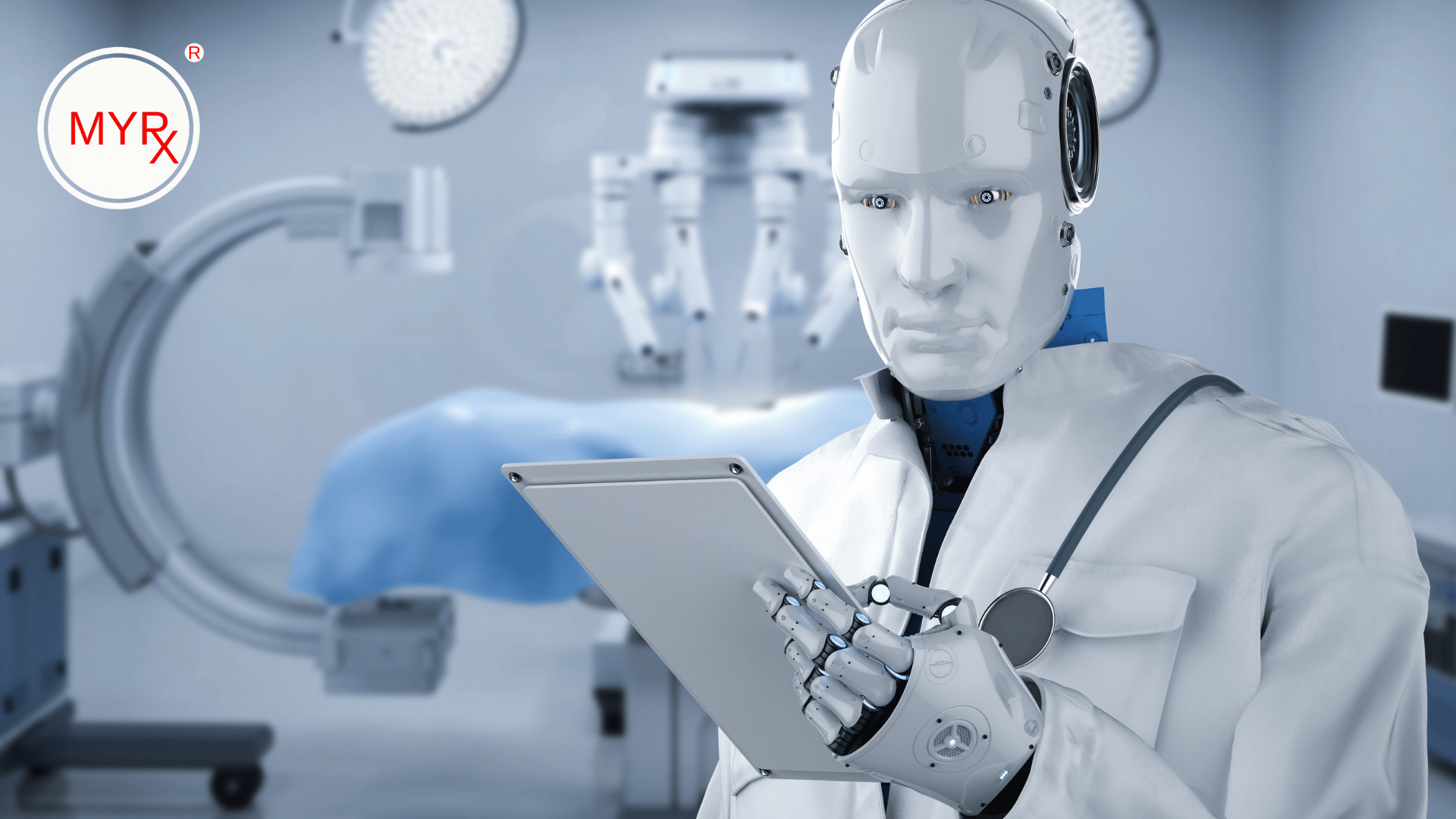
Harnessing Artificial Intelligence in EHR Systems: Revolutionizing Healthcare Delivery for Doctors
Introduction
Artificial intelligence (AI) has emerged as a transformative technology in healthcare, and its integration into electronic health record (EHR) systems has the potential to revolutionize healthcare delivery for doctors. By leveraging AI capabilities, EHR systems can enhance clinical decision-making, automate routine tasks, and extract valuable insights from vast amounts of patient data. This article explores the profound impact of AI in EHR systems and how it empowers doctors to provide more efficient, accurate, and personalized care.
Clinical Decision Support Systems:
AI-powered clinical decision support systems (CDSS) embedded within EHR systems offer real-time, evidence-based guidance to doctors at the point of care. By analyzing patient data, clinical guidelines, and medical literature, CDSS tools can suggest optimal treatment plans, identify potential drug interactions, and offer personalized recommendations. AI enhances doctors' ability to make informed decisions, leading to improved patient outcomes and reduced medical errors.
Natural Language Processing and Voice Recognition:
AI-driven natural language processing (NLP) and voice recognition technologies enable doctors to input patient data efficiently and accurately. NLP algorithms can extract relevant information from unstructured clinical notes, converting them into structured data for analysis and decision support. Voice recognition capabilities allow doctors to dictate patient narratives and instructions, saving time on manual data entry and enhancing documentation accuracy.
Predictive Analytics and Early Disease Detection:
AI algorithms integrated into EHR systems can analyze patient data to identify patterns and predict the likelihood of disease development or exacerbation. By leveraging machine learning and predictive analytics, doctors can proactively identify high-risk individuals, implement preventive measures, and intervene earlier in disease progression. AI-driven early disease detection empowers doctors to deliver timely interventions and improve patient outcomes.
Clinical Documentation Automation:
AI-powered EHR systems can automate clinical documentation processes, reducing the administrative burden on doctors. Natural language processing algorithms can extract relevant information from patient encounters, lab results, and imaging reports, generating structured clinical notes automatically. This automation frees up valuable time for doctors, allowing them to focus more on patient care and reducing documentation-related burnout.
Personalized Medicine and Treatment Planning:
AI algorithms can analyze patient data, including medical history, genetics, and treatment outcomes, to identify personalized treatment options. By considering individual patient characteristics, such as genetic markers or comorbidities, AI-powered EHR systems can suggest tailored treatment plans, medication dosages, and preventive strategies. Personalized medicine enhances treatment efficacy and improves patient satisfaction.
Data Mining and Population Health Management:
AI in EHR systems enables sophisticated data mining techniques, extracting valuable insights from large datasets. By analyzing population-level data, AI algorithms can identify disease trends, risk factors, and treatment outcomes. Doctors can leverage these insights to inform public health initiatives, implement targeted interventions, and optimize resource allocation for population health management.
Conclusion
The integration of AI into EHR systems presents an unprecedented opportunity to transform healthcare delivery for doctors. By harnessing AI-powered clinical decision support, natural language processing, predictive analytics, and automation, EHR systems empower doctors to provide more efficient, accurate, and personalized care. As AI continues to advance, its potential to enhance clinical workflows, improve patient outcomes, and drive innovation in healthcare is boundless. Embracing AI in EHR systems is a pivotal step towards a future where doctors can leverage cutting-edge technology to deliver the best possible care to their patients.